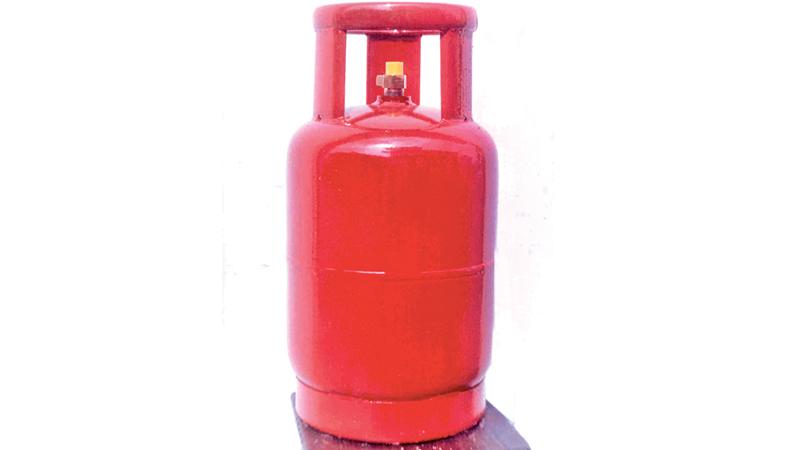
The tender board recommendation regarding the supply of Liquefied Petroleum Gas (LPG) for the years 2017/2018 to Litro Gas Lanka Ltd, is to be reviewed at the next Cabinet meeting, highly placed sources within the Ministry of Public Enterprise Development said.
“The Cabinet has the power to make the ultimate decision whether to go ahead with the recommendations or whether it should be re-tendered,” the sources said.
The tender, which called for the supply of 300,000 metric tons, closed in June, this year. Oman Trading Industries (OTI), VITOL, BP Energy and Shell, the company which clinched the deal last year, had placed bids for this year’s tender.
The tender board recommendation is now before the Cabinet in the wake of several assertions that the tender has been awarded to Shell, despite it failing to provide the lowest price.
Ministry sources said, when the decision was made to recommend the eligible company, Shell, the tender board negotiated with them to reduce the prices and was successful in bringing down the prices even lower than that of the lowest bidders.
“However, the company which presented the lowest bid, now fully owned by the government of Oman, was not given an opportunity to address the concerns raised by the board,” they said, adding that there was no ‘level playing field’ with regard to the bidding process.
However, speaking to the Sunday Observer, a member of the tender committee said pricing was not the main and only factor that was considered when granting the tender.
“Usually, more weight is given to quality and the past performance of the bidders,” he said.
“The company that has forwarded the lowest bid has failed to adhere to tender requirements before the bidding,” the tender board member said, adding, that there had been instances where supplies were not sent on time.
“We can’t take a risk in awarding a tender to a supplier who has failed or delayed to supply in the past. The lowest bidder in this tender had other shortcomings such as the number of required vessels,” he explained.
The tender board member said that before the final recommendation was reached all bidders were informed of the decision after which they had seven days to go before the Procurement Appeals Board to appeal against the recommendation.
“So far no one has appealed to the Procurement Appeals Board in spite of us informing them that they could do so. This is the redress that is provided within the system, if they have not followed this procedure then there’s nothing that can be done,” he said.
However, informed government sources told the Sunday Observer that Shell, in the recent past, had not only delayed its shipments, but also was penalized and paid huge penalties to Litro for supplying substandard cargo.
Despite the tender board member’s claim, it is also learnt that the number of vessels was not a criteria in the tender document. A source privy to tender board discussions said the lowest bidder had submitted enough documentation within 24 hours of receiving an email from the technical committee.
Comparatively, the lowest bidder had more committed vessels than the rest of the bidders although this was not a criterion in the bidding process.
Commenting on the board member’s remark on appealing, the source said it was impossible for any party to appeal without knowing the exact reasons for the tender board’s decision.
“There has to be a basis in which an appeal can be made, however, we understand that some parties have filed for the relevant information through the Right To Information Act. After reviewing the documents through RTI, they may even go to courts,” he said.
He also said the playing field was titled in favour of one company, by not giving the lowest bidder a fair chance to negotiate.
“Every time Shell fails to qualify on pricing, this type of biased reviewing is followed to award the tender to Shell. If a bidder is marked negative based on past performance years ago, then the performance of the recent past of the supplier has to be scrutinized thoroughly, which the tender board has failed to do,” the source said.
It is also learnt that Shell had submitted a bid bond that was not acceptable according to the tender document but provisions were made much later for them to change it.
“By virtue of only that issue in the bid bond, Shell should have been disqualified,” the source privy to the tender board’s proceedings said.
